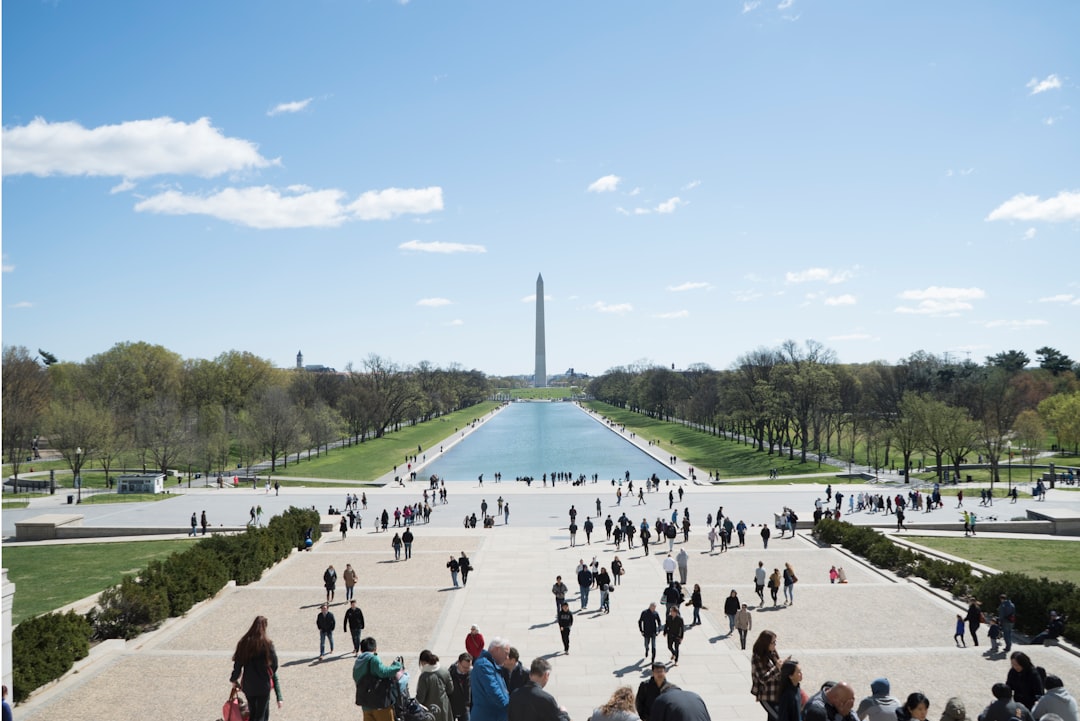In Washington State, survivors of sexual assault have specific legal rights and academic accommodations available to them through state laws and educational institution policies. Sexual abuse lawyers advocate for these rights, guiding survivors through the process of securing accommodations like flexible scheduling, extended exam time, and note-taking assistance. These experts ensure survivors understand their eligibility for support through disability services or designated counselors. By connecting with a qualified sexual abuse lawyer, victims can navigate their legal rights and receive the necessary tools for academic success while managing the aftermath of sexual abuse.
In Washington State, survivors of sexual assault face significant challenges when pursuing higher education. This article explores the academic accommodation policies designed to support these survivors. We delve into the state’s legal framework, detailing rights and eligibility criteria for victims of sexual abuse. By understanding the process, from requesting support to the role of a dedicated sexual abuse lawyer in Washington, survivors can secure equal opportunities. Discover how legal advocates enable educational equality, empowering survivors to rebuild their academic futures.
Understanding Washington State's Legal Framework for Sexual Assault Survivors
In Washington State, the legal framework for addressing sexual assault and its aftermath is designed to support survivors and hold perpetrators accountable. Survivors of sexual abuse in Washington have specific rights and protections under both state law and educational institutions’ policies. Understanding these laws is crucial for those who seek academic accommodations related to their trauma. A sexual abuse lawyer or attorney in Washington can guide survivors through this process, ensuring they receive the appropriate support and access to education.
The state’s legal system recognizes the impact of sexual assault on individuals’ lives, including potential barriers to education. This recognition has led to the development of laws that mandate educational institutions to provide reasonable accommodations for students who have experienced sexual abuse. These policies aim to foster an environment where survivors can pursue their academic goals while healing and recovering from their traumatic experiences. Sexual assault lawyers and attorneys in Washington work to ensure these laws are enforced, advocating for the rights of survivors to receive the help they need during their academic journeys.
Academic Accommodations: Rights and Eligibility Criteria for Victims of Sexual Abuse
Victims of sexual abuse in Washington state have specific rights and access to academic accommodations designed to support their educational journey. These accommodations aim to ensure equal opportunities for those who have experienced trauma, allowing them to focus on their studies without undue hardship. Many colleges and universities in Washington offer services tailored to the unique needs of survivors, including flexible scheduling, extended time during exams, and note-taking assistance.
Eligible students may include those who have been diagnosed with post-traumatic stress disorder (PTSD) or other mental health conditions related to sexual abuse. To access these accommodations, survivors should connect with their institution’s disability services office or speak to a designated counselor. A sexual abuse lawyer or attorney in Washington can guide victims through the process, ensuring they understand their rights and the eligibility criteria for receiving academic support tailored to their personal experiences.
Navigating the Process: Steps to Request and Secure Support as a Survivor in Washington
Navigating the process of seeking academic accommodations as a sexual assault survivor in Washington can be daunting, but with the right support, it is achievable. The first step for students experiencing this challenging situation is to reach out and connect with a qualified professional who understands their unique needs. A sexual abuse lawyer or attorney specializing in these cases can provide invaluable guidance. They will help you understand your legal rights and the accommodations available under Washington state laws, such as those related to education and disability services.
These experts can assist in drafting formal requests for academic adjustments to your educational institution. This might include additional time during exams, alternative testing arrangements, or note-taking support. With their help, survivors can secure the necessary tools to excel academically while managing the aftermath of sexual abuse. It is crucial to remember that you are not alone in this process, and seeking professional assistance from a sexual abuse law firm in Washington ensures you have an advocate fighting for your rights and well-being.
The Role of a Sexual Abuse Lawyer in Advocating for Educational Equality
In the fight for educational equality for sexual assault survivors, a sexual abuse lawyer in Washington plays a pivotal role. These legal professionals are equipped to advocate for students who have experienced trauma, ensuring they receive the academic accommodations they deserve under the law. With expertise in understanding and navigating complex education policies, a sexual abuse attorney in Washington can help survivors navigate institutional hurdles, ensure their rights are protected, and foster an environment where learning can thrive.
Sexual abuse lawyers in Washington, often affiliated with sexual abuse law firms, have a deep understanding of state and federal laws related to disability accommodations, including those specifically addressing sexual assault survivors. They work collaboratively with students, educational institutions, and relevant authorities to implement necessary academic adjustments, such as flexible scheduling, remote learning options, or modified exams. By leveraging their knowledge and resources, these attorneys empower survivors to pursue higher education without the added barriers of discrimination or institutional neglect.




